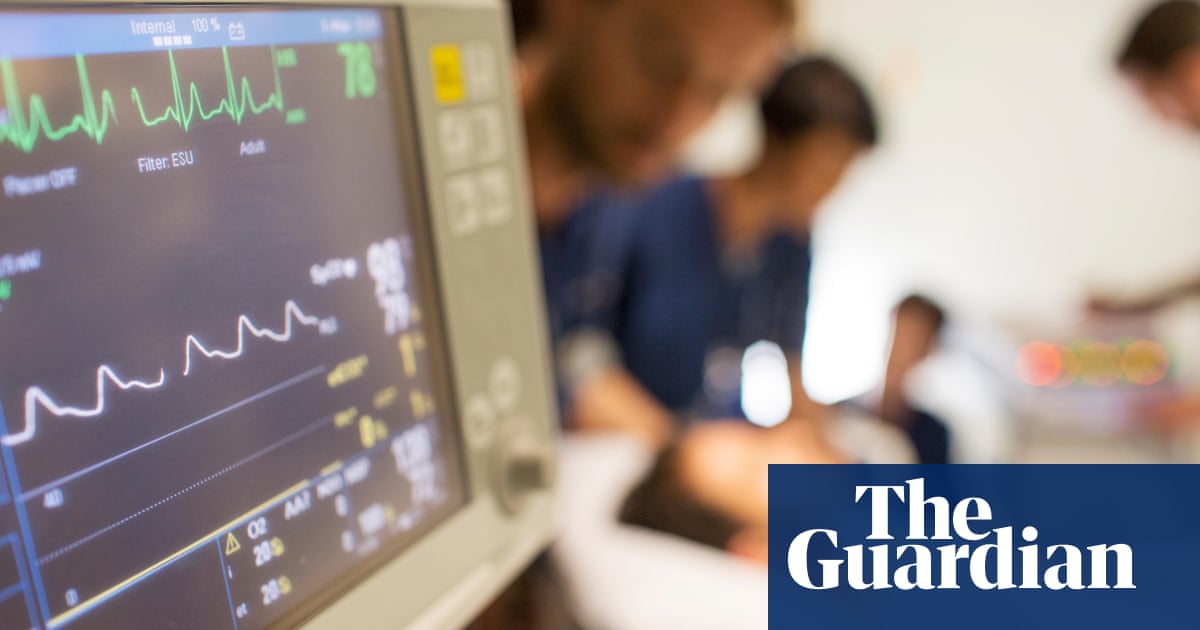
A slump in donations to medical charities will result in potentially life-saving research being shelved unless the government steps in to support the organisations, a leading thinktank has said.
The closure of charity shops, suspension of fundraising events, such as the London to Brighton cycle ride, and wider economic disruption caused by the coronavirus pandemic meant medical charities stood to lose more than £4bn between now and 2027, according to a report by the Institute for Public Policy Research (IPPR).
The collapse in funding for what is often foundational research would in turn cause private follow-up investment to shrink substantially, the thinktank found, leading to an overall shortfall of nearly £8bn over the period, the equivalent of a 10% spending cut for UK health research.
The loss amounted to a “devastating blow for the country” and threatened to derail Boris Johnson’s aspiration to transform the UK into a “science superpower”, said Chris Thomas, a co-author on the report.
“It often surprises people how much funding for medical research comes from the charities. They put in a pound for every five that goes into medical research in the UK and if that goes, it’s hard to square it with the science superpower rhetoric,” he said.
Medical charities have said the pandemic has swept away much of their funding, jeopardising research institutes and the search for new treatments, and raising fears that an entire generation of scientists could be lost to the crisis.
The IPPR’s figures come from a “reasonable worst-case scenario” in which the pandemic causes a long-term shift in donations to medical charities. In the best-case scenario, the drop in fundraising income is short-lived and recovers completely within three years. If that happened, the report still anticipates a £4.5bn fall in medical research funding, with £2bn lost to the charities.
The report calls on the government to set up a life sciences-charity partnership to support the charities, starting with £443m next year, £300m in 2022 and £162m in 2023.
“The enormity of the loss of funding predicted by the IPPR is equivalent to supporting 55,000 PhD students – the future generation of leaders in areas like cancer research – or keeping all four of Cancer Research UK’s cutting-edge research institutes running for almost 30 years,” said Michelle Mitchell, the chief executive of Cancer Research UK.
“But the impact of research cuts goes further than medical research charities not being able to fund as much life-saving research as we need to. We could also be facing countless missed opportunities to work with industry to develop new diagnostics and treatments for future patients.”
Dr Charmaine Griffiths, the chief executive of the British Heart Foundation, which has halved its research investment this year from £100m to £50m, said: “Charities have driven significant breakthroughs which have turned the tide on some of our biggest killers, including heart disease and cancer. But without government commitment to a life sciences-charity partnership fund, charities will be forced to make devastating cuts to their research which will be hugely damaging for patients and UK science.”












